August 25, 2022
 from Dr. Bill Hudson, Head of School
from Dr. Bill Hudson, Head of School
I was taken aback yesterday morning when I drove into the north parking lot at 6:10 AM and saw it was filled with cars. I am used to being the first one at school in the morning and was completely disoriented. Then I remembered that this year’s senior class began a new tradition, gathering in the Benz Courtyard together at sunrise to launch their senior year. My first reaction was, “Only at MPA!.” This new tradition, initiated by the seniors, is a wonderful example of what makes MPA such a special school.
I want to officially welcome you to a new school year! I especially welcome our new families who have recently joined the MPA family. It was wonderful to meet and greet so many of you at the Back To School and New Family Orientation event. The deep-seated spirit of joyfulness and community was palpable, and although I was exhausted, it was hard for me to fall asleep Monday night. After two years of health and safety restrictions, it was gratifying to be back together and in person.
In my welcoming remarks to new families, I spoke of the strong partnership between parents and the school. In many independent schools, this special relationship tends to be transactional, built upon the expectation of reciprocity, of both parties getting what they want from one another. I have long felt that the relationship between MPA parents and school is more transformational. In a transformational relationship, there exists a mutual trust built upon shared values and a belief that an MPA education is a partnership in our children’s ongoing growth and development.
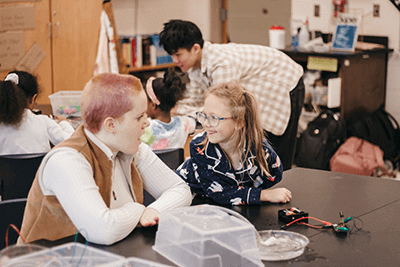 from Dr. Bill Hudson, Head of School
from Dr. Bill Hudson, Head of School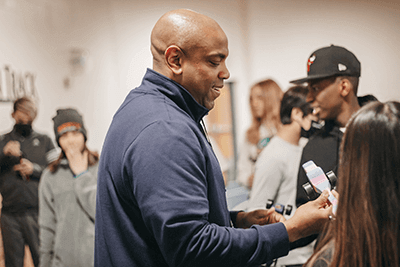 from Lamar Shingles, Director of Equity and Belonging
from Lamar Shingles, Director of Equity and Belonging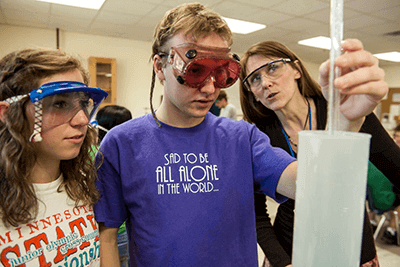 from Bill Hudson, Head of School
from Bill Hudson, Head of School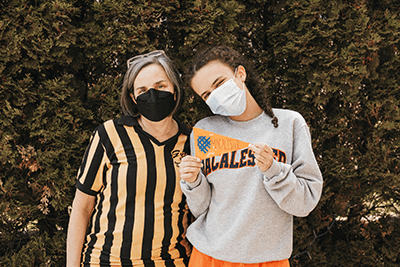 from Dr. Bill Hudson, Head of School
from Dr. Bill Hudson, Head of School from Dr. Bill Hudson, Head of School
from Dr. Bill Hudson, Head of School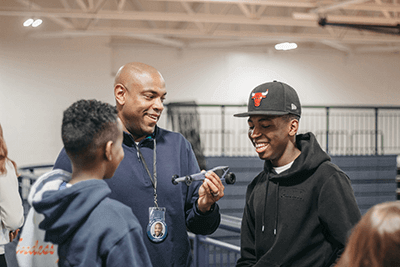 from Dr. Bill Hudson, Head of School
from Dr. Bill Hudson, Head of School from Natalie Waters Seum, director of admission and communication
from Natalie Waters Seum, director of admission and communication from Dr. Bill Hudson, Head of School
from Dr. Bill Hudson, Head of School from Dr. Bill Hudson, Head of School
from Dr. Bill Hudson, Head of School